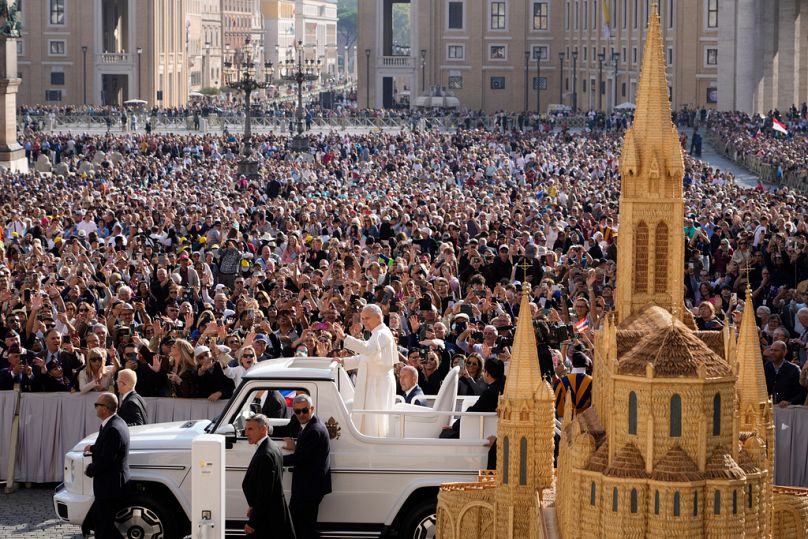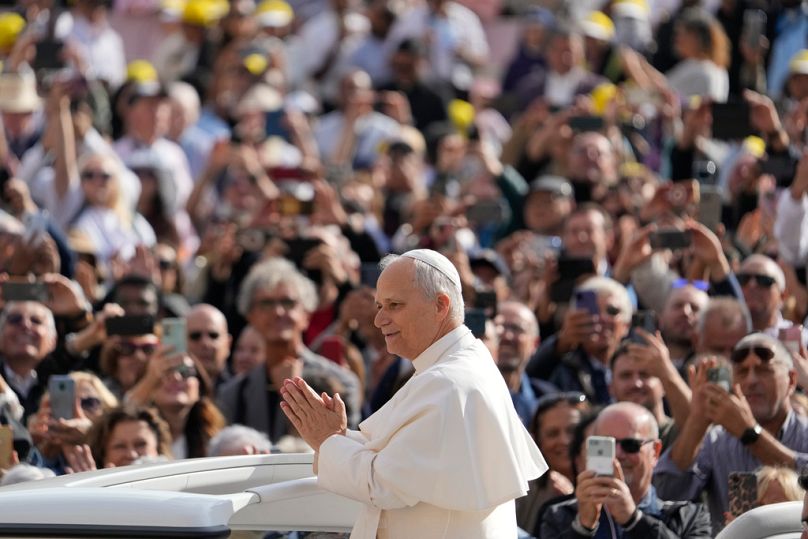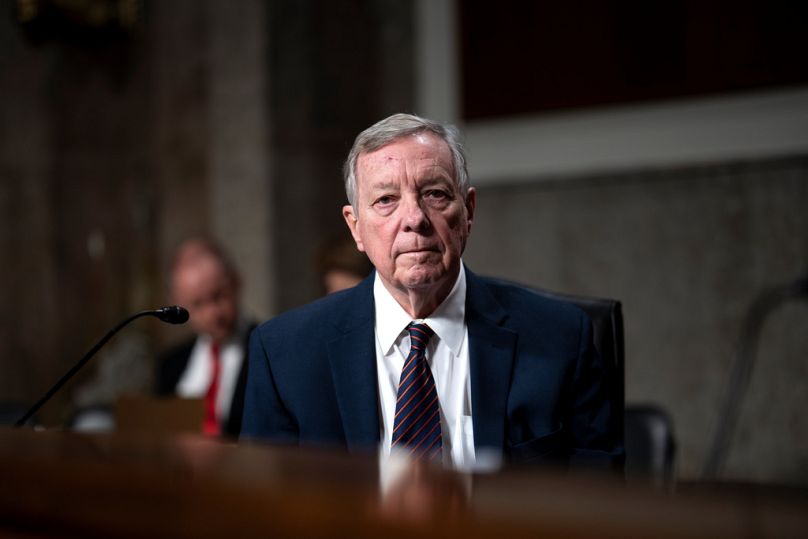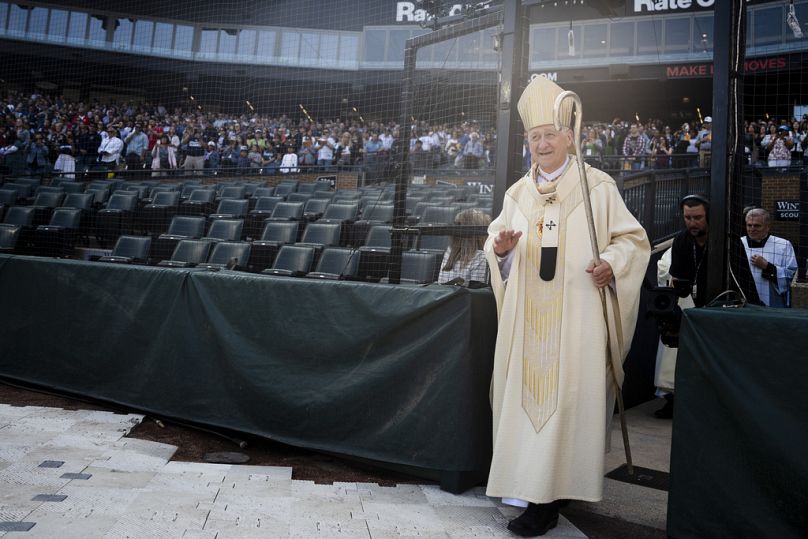Pope Leo XIV weighs in on abortion debate by questioning what it really means to be 'pro-life'
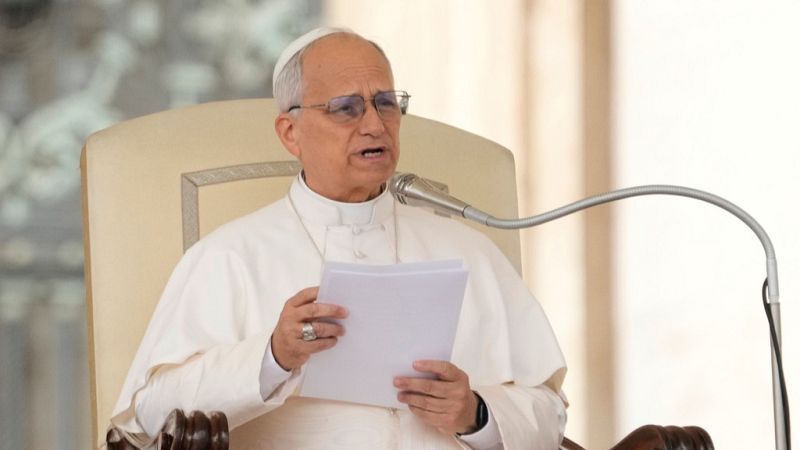
Pope Leo XIV has weighed in on US politics for the first time in his papacy, commenting on Thursday on hot issues roiling the domestic political scene, from abortion to immigration.
The first US-born pontiff called for respect for both sides, but also pointed out contradictions in debates surrounding the anti-abortion or "pro-life" movement.
Without naming anyone, the pope stated that being pro-life means endorsing that ideology across the board, and not just selectively where it concerns abortion.
“Someone who says ‘I’m against abortion but says I am in favour of the death penalty’ is not really pro-life,” said Pope Leo XIV, a Chicago native.
“Someone who says that ‘I’m against abortion, but I’m in agreement with the inhuman treatment of immigrants in the United States,’ I don’t know if that’s pro-life,” he added.
Catholic Church teaching forbids abortion, but it also opposes capital punishment as “inadmissible” under all circumstances. US bishops and the Vatican have strongly called for humane treatment of migrants, citing the Biblical command to “welcome the stranger”.
White House Press Secretary Karoline Leavitt weighed in and disputed concerns raised by Pope Leo XIV about the treatment of immigrants, saying that she “would reject there is inhumane treatment of illegal immigrants in the United States under this administration.”
Leavitt stressed that the Trump administration “is trying to enforce our nation’s laws in the most humane way possible.”
The pontiff’s comments came as he was being asked about plans by Chicago Cardinal Blase Cupich to present a lifetime achievement award to Illinois Senator Dick Durbin for his work on helping immigrants.
Cupich’s plans drew criticism from conservative US bishops as Durbin, a Democratic lawmaker, is a vocal supporter of female abortion rights, which go against the Vatican’s official position.
The pope – a Chicago native – said he was not familiar with the dispute over the award, but noted that it is essential to look at the senator’s overall record over his four decades of service.
“I don’t know if anyone has all the truth on them but I would ask first and foremost that there be greater respect for one another and that we search together both as human beings,” said the pope.
“In that case as American citizens or citizens of the state of Illinois, as well as Catholics to say we need to you know really look closely at all of these ethical issues and to find the way forward in this church. Church teaching on each one of those issues is very clear,” he said.
Cupich was a close adviser to the late Pope Francis, who strongly upheld Catholic teaching opposing abortion, but also criticised the politicising of the debate by US bishops.
Some bishops had called for denying communion to Catholic politicians who supported abortion rights, including former US President Joe Biden.
Durbin was barred from receiving communion in his home diocese of Springfield in 2004. Springfield Bishop Thomas Paprocki has continued the prohibition and was one of the bishops who strongly objected to Cupich's decision to honour the senator.
Senator Durbin has since declined the award amid the controversy, which was received positively among conservative bishops.
Cupich, however, noted that he was saddened by Durbin’s decision and reiterated that his decision to nominate him for the award was solely for his “contribution to immigration reform”.
The Chicago cardinal called for greater unity and less polarisation to advance the role of the church in the US’ political scene.
Today


